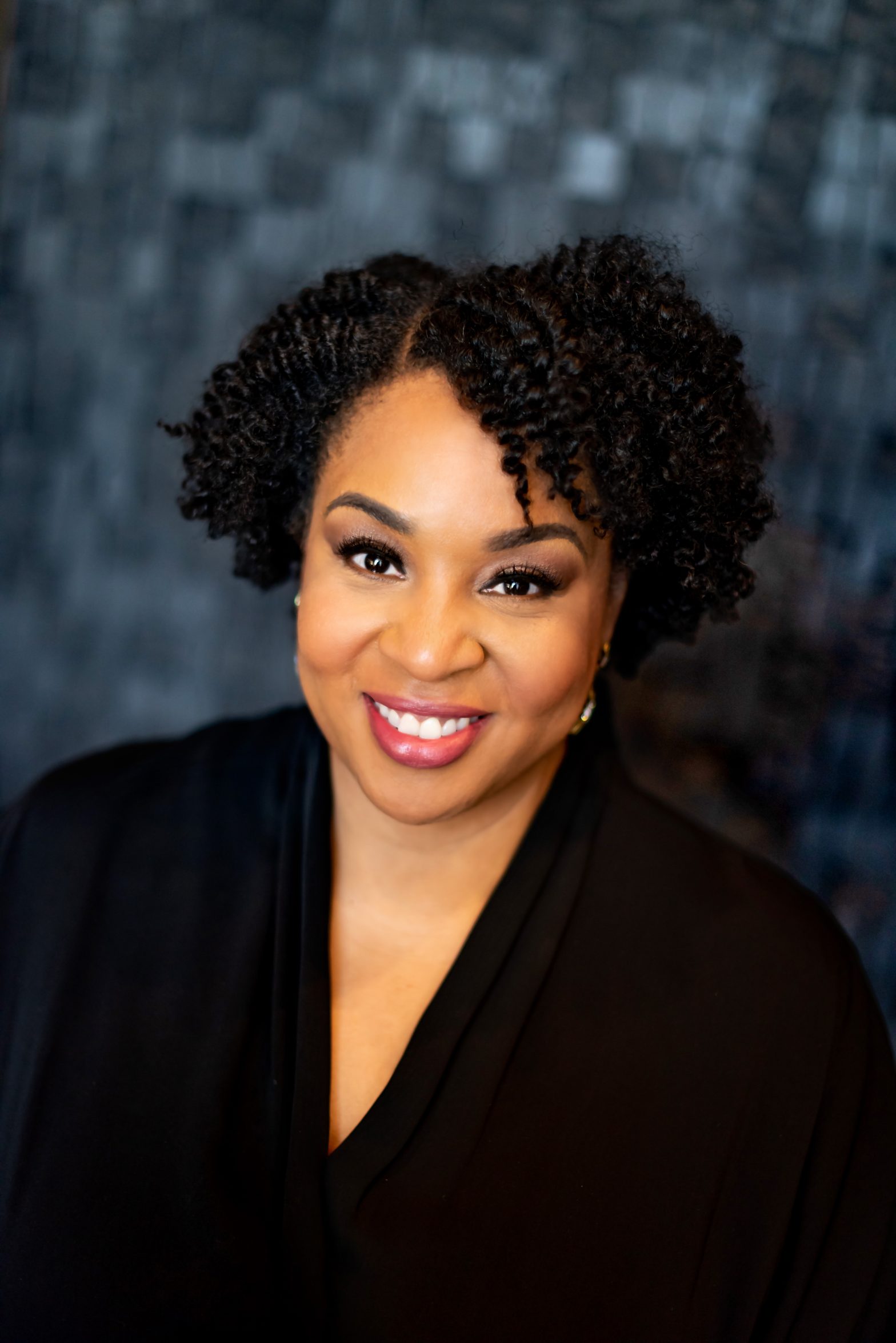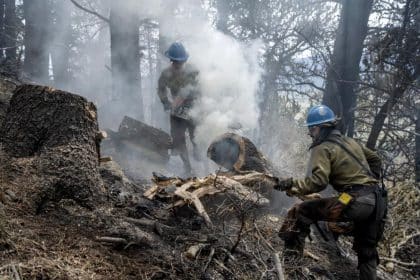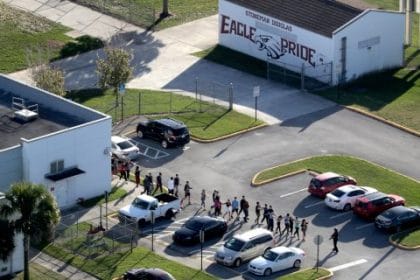Ending Cervical Cancer Is Within Our Reach, but We Are Losing Ground
COMMENTARY

In my early 20s I was a successful television producer working in Washington, D.C. I had big dreams for my life, including my career and having a family. But at 25, my world came crashing down when I received the devastating diagnosis of stage II cervical cancer.
Unfortunately, for several years before landing a full-time job, I skipped seeing my gynecologist and getting a Pap test because I thought I was healthy, and because as a freelancer, health insurance wasn’t offered through my employers. At the time, I wasn’t aware of the risk and impact that decision would have on my life.
I didn’t know that cervical cancer was once one of the leading causes of cancer death among women in the United States. I didn’t know that as a Black woman, I faced an even higher risk of developing cervical cancer. And I didn’t know that the Pap test I missed was the same test that has helped detect and reduce the rate of new cervical cancers and cervical cancer deaths for decades.
With a delayed diagnosis, my cancer had progressed, and my only treatment option was a hysterectomy, followed by chemotherapy and radiation. I was fortunate; I survived. Over time, I rebuilt my identity, career and every other facet of my life. Today, I am a wife, a mother and a fierce advocate for my own health and for the well-being of women and all people with a cervix facing cervical cancer through my organization, Cervivor.
It’s my personal cancer journey and the experiences of others in the Cervivor community that have made me deeply aware of the importance of early cervical cancer testing, education and advocacy. While no two stories are the same, I’ve chosen to share mine, hoping it will encourage women to get screened so they are able to receive care and intervention before it becomes advanced or late-stage cancer.
Surviving cervical cancer is not just about enduring treatment; it’s about preventing the disease from reaching an advanced and often irreversible stage. HPV vaccines are an incredible tool for preventing HPV cancers, like cervical cancer, from the start, while screening tests are vital for detecting cervical cancer at its earliest stages.
The combined strength and sensitivity of the Pap and HPV tests have proven effective in detecting approximately 95% of abnormalities and the potential cancer-causing virus at the earliest possible stage. Routine, comprehensive screening significantly reduces the risk of missing the crucial warning signs that make cervical cancer curable.
Screening can also provide a greater sense of awareness and control over a person’s ongoing health journey. The anxiety that lingers after a cancer diagnosis and treatment is real, and the fear of a recurrence can be overwhelming. With regular screening, survivors like me are reassured, minimizing the fear of undetected abnormalities that go undiagnosed.
Too many people aren’t getting the message. We have reliable tests, treatments and vaccines that could put an end to cervical cancer as a public health challenge and help save lives. Yet the latest data from the National Cancer Institute show the rate of cervical cancer incidence among women under 50 is rising and screening rates are lower than they’ve been in decades.Unfortunately, Black and Hispanic women and those living in rural areas have been disproportionately affected by these declines. While there are many reasons why appointments may have been delayed and routine health screenings missed, the COVID-19 pandemic and its lingering impact on our health care system is partially to blame. Being uninsured or underinsured, a lack of awareness, the stigma of having a sexually transmitted infection like HPV or concerns about discomfort with gynecological procedures may also contribute to lagging screening rates and the persistence of cervical cancer.
Whatever the cause, we can’t lose ground in our fight. Delays in screening mean later-stage diagnoses, disease progression and more uncertain outcomes. Our priority should be addressing the urgent need to rebuild cervical cancer screening rates and not limiting any of our options. We need to focus on educating everyone about the lifesaving value of routine screening — and health care providers have an essential role to play. Physicians need to inform and encourage routine comprehensive testing for their patients and they should also have a choice in determining which screening method is best
This Cervical Cancer Awareness Month let’s acknowledge that we have the prevention and treatment tools to help eliminate cervical cancer. And let’s work to ensure that every woman and person with a cervix has access to routine screenings and follow-up treatments if needed. If we can empower everyone with information, well-funded and supported women’s health programs and smart, comprehensive policies, we can make a real difference. Let’s change the game for our communities and put an end to cervical cancer.
Tamika Felder is all about driving change. As a cervical cancer survivor, she founded Cervivor, Inc. in 2005 to empower women to share their stories and take control of their well-being. Today, Felder lends her influential voice to presidential panels, international conferences, and national and international media outlets. She is the author of “Seriously, What Are You Waiting For? 13 Actions To Ignite Your Life & Achieve The Ultimate Comeback.” She can be reached on LinkedIn.

























